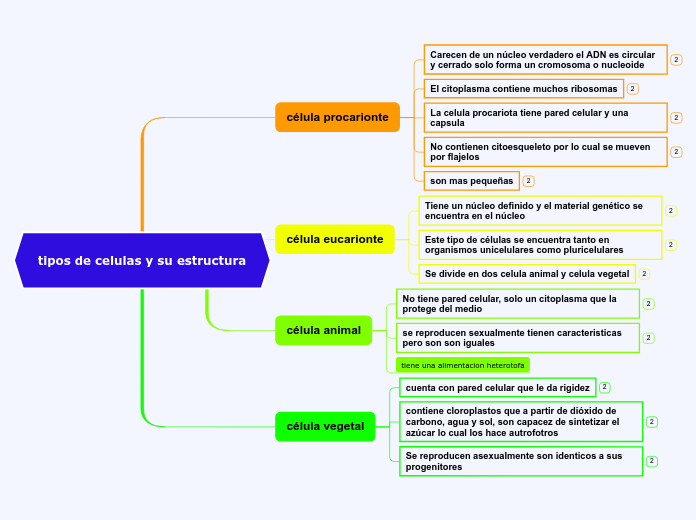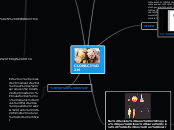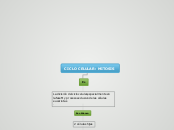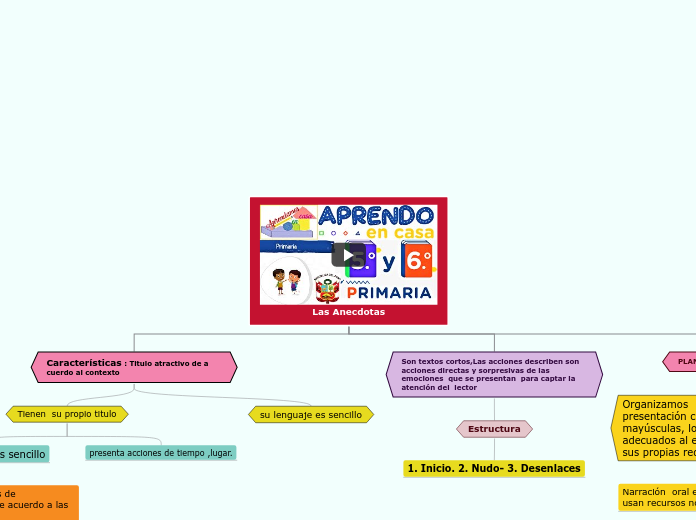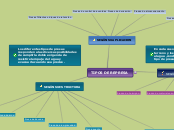tipos de celulas y su estructura
The part of speech is a category to which a word is assigned according to its syntactic functions. In English the main parts of speech are noun, pronoun, adjective, determiner, verb, adverb, preposition, conjunction, and interjection.
célula vegetal
A pronoun is a word that can be used in place of a noun, typically after the noun itself has already been stated.
Se reproducen asexualmente son identicos a sus progenitores
Demonstrative pronouns are used to demonstrate (or indicate). This, that, these, and those are all demonstrative pronouns.
This, These
contiene cloroplastos que a partir de dióxido de carbono, agua y sol, son capacez de sintetizar el azúcar lo cual los hace autrofotros
Possessive pronouns are used to show possession. The possessive pronouns are mine, yours, his, hers, ours, and theirs.
His, Your
cuenta con pared celular que le da rigidez
The personal pronouns are I, you, he, she, it, we, they. More often than not (but certainly not always), they replace nouns representing people.
He, They
célula animal
An adjective is a word that's used to describe a specific noun and to provide more detail to the listener.
tiene una alimentacion heterotofa
se reproducen sexualmente tienen caracteristicas pero son son iguales
Superlative adjectives demonstrate a higher level of comparison between entities.
She is the prettiest princess.
No tiene pared celular, solo un citoplasma que la protege del medio
Expresses a comparison between two entities or groups of entities in quality or degree.
He is taller than she is.
célula eucarionte
A noun is defined as a person, place, thing or idea. Proper nouns always begin with a capital letter. Common nouns, which are general words, such as 'cars,' are not capitalized.
Se divide en dos celula animal y celula vegetal
A noun which refers to a group of things/people.
Family, Class
Este tipo de células se encuentra tanto en organismos unicelulares como pluricelulares
Countable nouns are nouns that can be counted, even if the number might be extraordinarily high.
Uncountable nouns are nouns that come in a state or quantity which is impossible to count; liquids are uncountable, as are things which act
like liquids.
Cats, Rain
Tiene un núcleo definido y el material genético se encuentra en el núcleo
Proper nouns are the names of specific people or places. They should always begin with a capital letter.
Mary, Paris
célula procarionte
A verb is an action word or 'doing' word that signifies movement in some way.
son mas pequeñas
An auxiliary verb helps the main (full) verb and is also called a 'helping verb.' With auxiliary verbs, you can write sentences in different tenses, moods, or voices.
You have been practicing hard.
No contienen citoesqueleto por lo cual se mueven por flajelos
A participle is a verb form that can be used as an adjective or to create a verb tense. There are two types of participles: Present participle (ending -ing) and Past participle (usually ending -ed, -d, -t, -en, or -n).
The winning athlete gets a trophy.
La celula procariota tiene pared celular y una capsula
A modal is a type of auxiliary (helping) verb that is used to express: ability, possibility, permission or obligation. The main modal verbs in the English language are: can, could, may, might, must, shall, should, will, would.
I might go to the park if I get my homework done.
El citoplasma contiene muchos ribosomas
A linking verb connects the subject with a word that gives information about the subject, such as a condition or relationship.
You look exhausted after studying all night.
Carecen de un núcleo verdadero el ADN es circular y cerrado solo forma un cromosoma o nucleoide
A verb with its own meaning: a verb that is not an auxiliary verb.
Create sentences
They have it.
